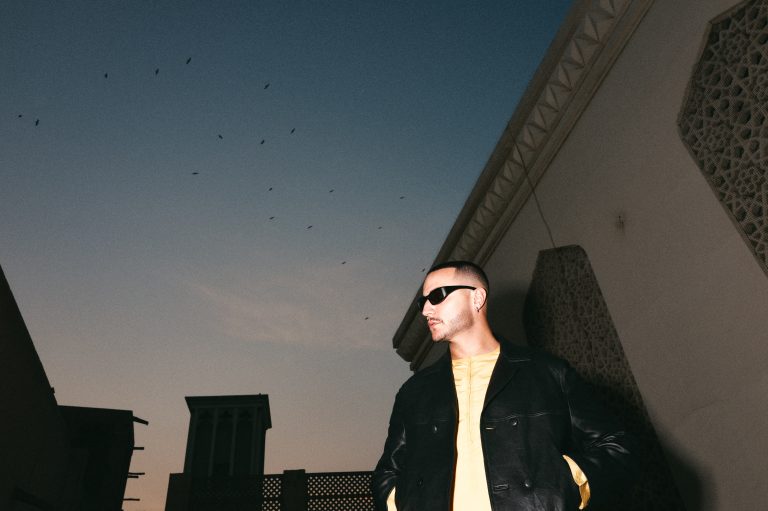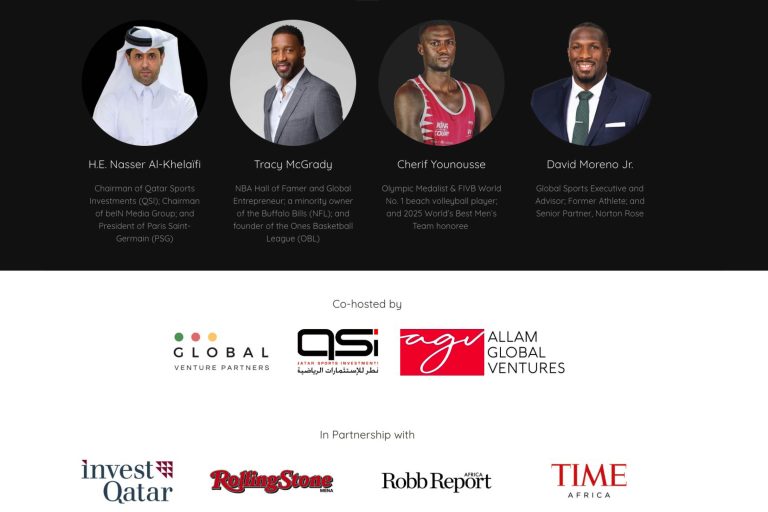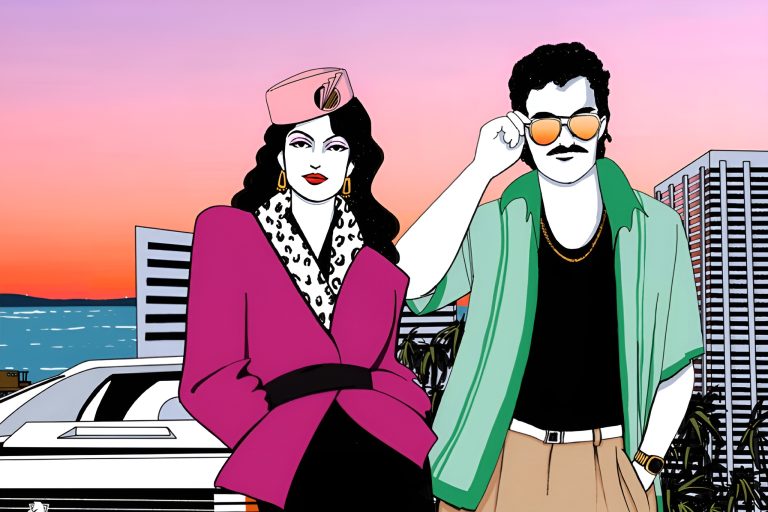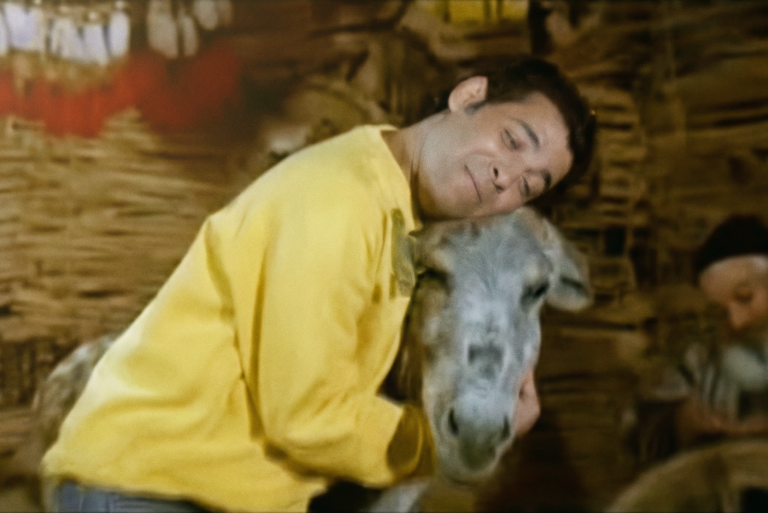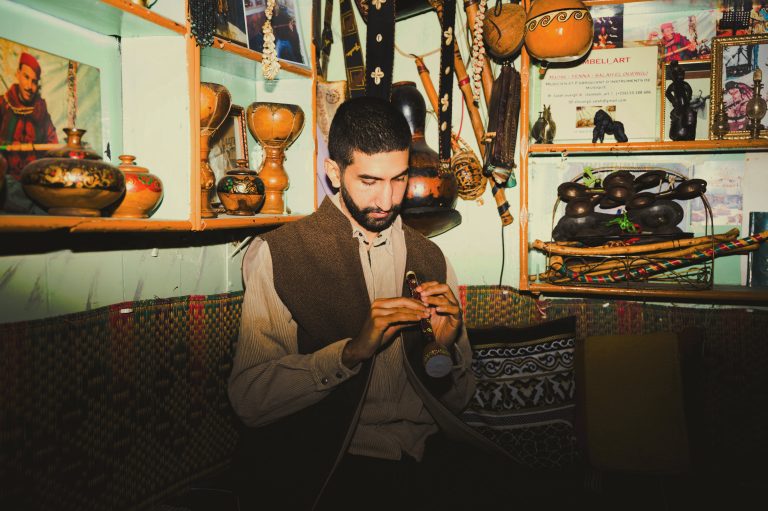The means of escapism for many in the Middle East and North Africa have become increasingly scarce, as impending war, political and economic instability threaten the livelihoods of too many communities in the region.
Football and music, however, have been two constant mainstays for healing, both as separate entities and intertwined together.
Neither discriminate, nor understand tribal feuds or the borders carved out on a map.
As rapper Santan Dave said in conversation with football star Marcus Rashford in 2019, “Music and football are two industries where black people excel, because talent is undeniable. You can’t deny an amazing voice. You can’t deny amazing athletic prowess.”
Within the Middle East and North Africa, music and football have been defined by national pride and, in many ways, anti-imperial sentiment.
For example, while Egypt won the first iterations of the Africa Cup Of Nations (AFCON) in 1957 and 1959, iconic Arab artists like Warda, Abdel Halim Hafez and others performed “Watan Al Akbar” (“The Greater Homeland”) in 1960. Both, used as symbols of unity and opposition to western intervention, were fueled by the 1956 Suez Crisis.
However, the two spheres were separated by the inability to transport music to stadiums. It wasn’t until the rise of technology in the later 20th and 21st century that the gap was bridged, thus elevating the atmosphere of games with the presence of patriotic songs.
Stretching from Morocco to Qatar, success in the “beautiful game” has often been followed by unofficial anthems, with fans at the beating heart of it all.
Equally, years of regional turmoil have made these anthems a vehicle for reclaiming pride in identity and expressing a desire for freedom in the face of suffering.
In the aftermath of the joint US-UK-led invasion and occupation of Iraq in 2003, the US-established government was founded along ethnic and religious lines. This caused alienation amongst some people, with corruption increasing and faction loyalty presiding over the state and as tensions flared so did sectarian violence.
Building up to the 2007 AFC Asian Cup, the devastation did not evade the Iraqi team.
“Several of the players had lost relatives in the conflict…Our physio was killed by a bomb in Baghdad two days before we flew out to Bangkok – he was on his way to the travel agent to buy his ticket,” Coach Jorvan Viera recalls.
Filled with heavy hearts, the “Lions of Mesopotamia” displayed unmatched resilience throughout the tournament, defeating tournament favorites Australia, South Korea and Saudi Arabia before lifting the trophy.
Hussam Al Rassam composed the beautiful song “Jeeb Al Kass, Jeeba” (“Bring The Cup, Bring It”), which became a joyful rallying cry to cheer on his compatriots.

“The team you see is like the unity of our people. Names don’t divide us; Iraq is in the middle of our hearts,” he sings in the song.
Rassam tells Rolling Stone MENA that “Jeeb Al Kass Jeeba” was, “Born out of a night I’ll never forget—a night that symbolized both freedom and vulnerability for me. I felt compelled to give voice to the chaos and beauty of those feelings. It was less about making a hit and more about being honest.”
Rassam was “overwhelmed” by the popular reception of the song and seeing people “dance, cry and shout the lyrics, reminded me why I do this. It felt like they weren’t just listening—they were feeling it with me.”
Beyond celebration, this movement emphasized that the people would no longer allow foreign interference to define their character; instead, they sought unity.
“It was the best day of my life, I danced in the streets with Iraqis I didn’t even know from all walks of life,” recounts Hassanane Balal, fan and founder of Iraq Football Podcast. “It reminded us of how amazing our country is and what we can achieve when we work together.”
In a similar vein to Iraq in 2007, Palestine’s Asian Cup 2023 preparations were in disarray due to the scourges of conflict.
Since October 7, 2023, UN reports have described Israel’s actions in Gaza as constituting plausible genocide against Palestinian people that has resulted in the deaths of at least 56,500 people according to the Gaza Health Ministry, the majority of whom were innocent civilians.
Much like Iraq’s war-torn squad, the Palestinian players carried the traumatic suffering of their people into the tournament. Star defender Ibrahim Abuimeir, who narrowly avoided death, and others from Gaza were prevented from traveling to Qatar.
At the same time, the song “Ana Dammi Falistini” (“My Blood Is Palestinian”) by Mohammed Assaf found new life amid the conflict and remains ever-present at global protests. Like “Jeeb Al Kass Jeeba”, Assaf’s composition fostered a deep national bond rooted in spirit, and community.
As Palestine entered the field for their group game against the UAE, “Ana Dammi Falistini” blasted through the stadium speakers, and fans waved their Palestinian flags in a moment of defiance.
Against all odds, Palestine exceeded expectations, winning their first-ever Asian Cup game and reaching the round of 16.
They didn’t win the tournament, but they captured hearts by bringing the protest song to the field, something that meant far more for fans than a trophy.
In 2019, the Algerian people rose in the “Hirak” (mobilization) protest against corruption and high youth unemployment which had been above 25% since 2019 according to the World Bank.
Even in differing political contexts, Algeria’s music resembled that of Palestine.
“La Casa Del Mouradia” (“The President’s Residence”) by Ouled El Bahdja and Soolking’s track “Liberté” (“Freedom”) feature striking lyrics commenting on the regime:
“The puppet is dead, but the problem remains”, and “They’re screaming downstairs, can you hear their voices?”
The tunes express a deep anger at a broken regime that benefited the elite while silencing ordinary people. The anthems also symbolize the yearning for fundamental human rights and freedom, just as “Ana Dammi Falastini” does.
These chants not only echoed in protest but later in stadiums during Algeria’s AFCON campaign in July.
One Algerian fan who went to the Quarter Final game against Cote D’Ivoire said of the atmosphere:
“Even before the game, I felt enormous pride, singing the national anthem and seeing the thousands of Algerians that traveled the world to be in Egypt. We celebrated the win outside the stadium for hours.”

The players were also motivated by what they’d seen in the protests and aspired to bring home a second AFCON title to “The Greens”, star player Riyad Mahrez let the world know, “we are together”.
The fans drove Algeria to a semi-final victory over Nigeria, with Mahrez posting a clip on social media of the players singing along to “La Liberté”, showcasing their unbreakable connection with the people’s movement.
The team would go on to achieve glory by defeating Senegal in the final, and further strengthen this newfound belief among Algerians that, like their footballers and their protest songs, they too could take control of their own destiny.
With a plummeting economy in early 2022, morale across Morocco was low. COVID-19, the war in Ukraine and the worst drought in decades combined to fuel widespread financial insecurity.
Dissatisfaction aimed towards the government was high. Despite the frustration, DYSTINCT’s pop ballad “Ghazali” featuring Bryan Mg elicited smiles not only among Maghrebi people but across the Arab world and diaspora, celebrating shared culture.
While the political situation may have been similar to Algeria in 2019, “Ghazali” is unique comparatively to the other songs explored in this article, as it detaches from politics through a ballad of love that inspires happiness.
Simultaneously, Morocco entered the Qatar World Cup in 2022 as huge underdogs and shocked the world by defeating both Spain and Portugal.
Despite fighting valiantly against France in the semi-finals they graciously bowed out.
It was the furthest any African or Arab team had advanced in the competition; the achievement was a stark reminder of the natural qualities and strength in unity these teams possess.
After the victory over Spain, the players celebrated in the dressing room, dancing to “Ghazali”. While issues at home persisted, DYSTINCT and the football team had reignited a spark of pride amongst Moroccans and Arabs, one that, unlike the 1950s, wasn’t confined to regional success but instead achieved global recognition.
In the cases of Iraq, Algeria, Morocco and Palestine, football and music serve as national symbols.
The musicians’ poetic nature enriches the soul of fans, while each kick of the ball reflects the players’ fight for their homeland.
At the final whistle of Iraq’s Asian Cup victory, commentator Simon Hill infamously said:
“Football succeeds where politics has failed.”
Football and music offer a glimpse of hope to people. They inspire change and don’t hide behind agendas, as they embody the pain, pride and resilience of their people.
This is what makes artists and players alike so deeply relatable, doubling their resonance when they unite as one front.
Without the arts and the athletes, symbols of expression wouldn’t exist, and these expressions are fundamental to keeping the voices of the people alive.


